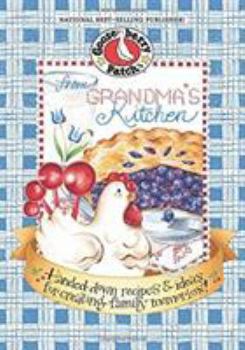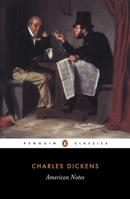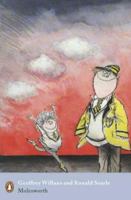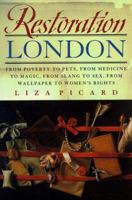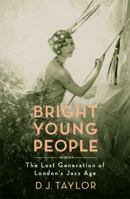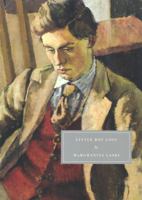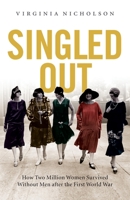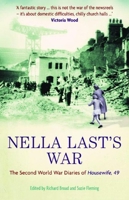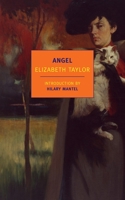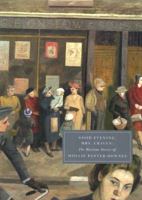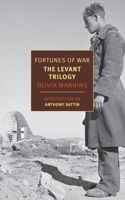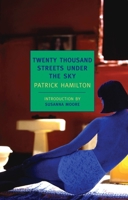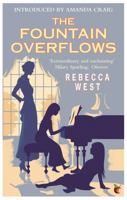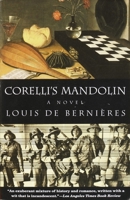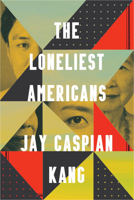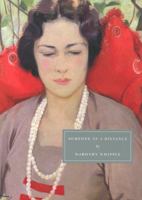From Grandma's Kitchen (Gooseberry Patch) (Gooseberry Patch)
Select Format
Select Condition 
You Might Also Enjoy
Book Overview
There s always something special about Grandma s kitchen. Maybe it s the aroma of homemade bread and roast chicken for Sunday dinner. Or it might be a plate of chocolatey fudge or a juicy pie cooling on the windowsill. Whatever makes it special for each of us, it seems we can hardly wait to see what goodies are in store If you love swapping recipe cards with friends & family, you ll find From Grandma s Kitchen chock-full of old-fashioned favorites you ll want to pass along. Handed-down recipes like Grandma s Old-Fashioned Doughnuts, Country Biscuits & Eggs, Homemade Chicken Noodle Soup, Country Fried Steak, Golden Macaroni & Cheese, Lemon Meringue Pie and Iced Shortbread Cookies. We ve also given you lots of easy tips for sharing vintage finds it s oh-so simple to make a button charm bracelet and a centerpiece can be a snap when you tuck cheery blossoms into nostalgic eggcups. You ll also find lots of ideas for bringing family & friends closer together. So cozy up with our collection of tried &true recipes they ll bring back fond memories and make family times even sweeter. Hardcover, 224 pages. (9-1/4" x 6-1/2")"
Format:Hardcover
Language:English
ISBN:193189017X
ISBN13:9781931890175
Release Date:November 2002
Publisher:Gooseberry Patch
Length:224 Pages
Weight:1.09 lbs.
Dimensions:0.8" x 6.9" x 9.3"
Customer Reviews
7 customer ratings | 5 reviews
There are currently no reviews. Be the first to review this work.











